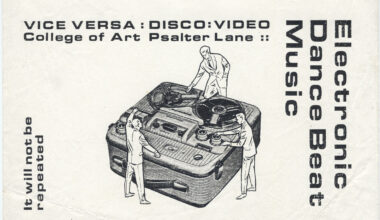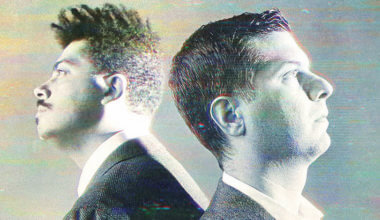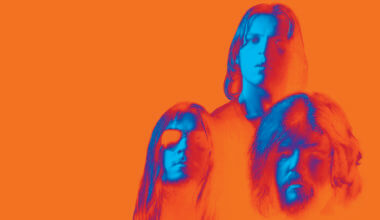Inspired by female philosophers, mystics and poets, ‘Spirit Exit’ – the new album by Italian composer Caterina Barbieri – is a modular synth fantasy, billed as her most profound work to date. Strap yourselves in for a cosmic journey…
Want to read more?
Sign up to Electronic Sound Premium to gain access to every post, video, special offers, and more. 100%, all you can eat, no commitment, cancel any time.
Already a premium member? Log in here






